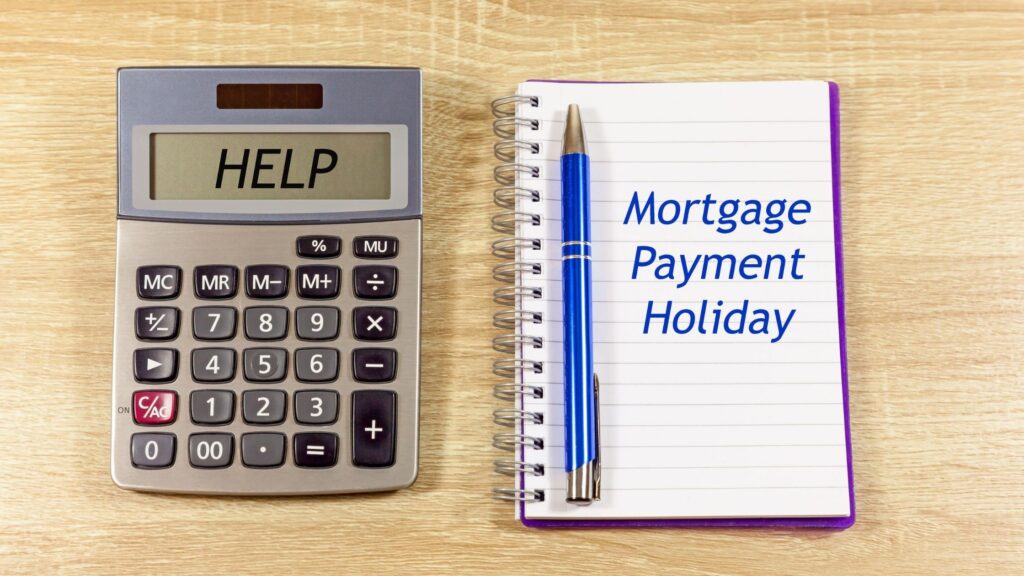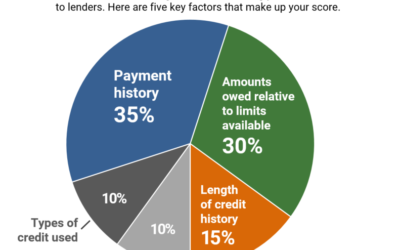How payment holidays are increasing your debt
The Pandemic arrived without warning and lock down restrictions have affected everyone’s income. As a result, many people have not been able to pay their monthly debt repayments and were forced to seek relief. They turned to their banks for help and were assisted with a payment holiday.
A payment holiday allows the debtor to take a payment break for a short period by extending the initial contract period. What happens is that the debtor will not make any repayments for a short period like 3 months. The 3 month period will then be added to the end of the initial debt period. The total repayment period will be extended.
When you are desperate for help, a payment holiday can sound like the best option. But the truth is it will cost you more in the long run. What the banks are not telling you is that they are making money off your payment holiday. Oh yes. Even though you are not able to pay due to a global crisis, the banks are cashing in on interest and admin fees for every month that you do not pay.
We had a client that was able to send us a statement for their loan account. He signed a contract for 5 years to repay R200 000 rand at an amount of R6050 per month. Unfortunately, the client had a massive reduction in income and had no option but to ask for a payment holiday.
After 2 months of not making any payments, the client decided to check his loan statement. He noticed that even though he asked for help during the pandemic, the bank was still charging him fees. Now because his outstanding capital didn’t decrease, the interest is increasing every month.
The one month he was charged interest of R1733.96 and then the next month it was R1825.11
Now if you look at R200 000 over 6 years for R6050 per month is R363000. So on the initial agreement, the banks already stand to make 81% back in interest. And now during Covid-19, they are making even more money through the extended repayment period.
Unsecured Debt and interest
As you can see, interest is unsecured debt’s worst nightmare. Unsecured debt is debt that people make for anything else except a home or a vehicle. It could be a loan for a holiday, an education, or to start a business. Credit cards that you use to buy clothes and food is also a form of unsecured debt. So what happens with unsecured debt is once the money is spent, it’s gone. There is no home or car to show for that money. And if you don’t have financial sense, you can run up hundreds of thousands of rands in debt without realizing it.
Our client’s financial situation changed due to unforeseen circumstances beyond his control. Three years ago when he signed for the loan, he did not anticipate for a global pandemic. No one ever did. So now the client finds himself in a vulnerable position, forced to pay even more because he still wants to honor his commitment.
A better solution
When your financial position changes you are legally protected to get back on your feet. If you no longer have the means to pay your debt, you can seek help through legal channels. It makes no financial sense to hold on to a “dead horse”. That means if your debt is spiraling and increasing with interest and fees every month, why hold on if you can’t pay?
All that will keep happening is your interest on the outstanding balance will keep adding up. Before you know it you owe R40 000 on the R20 000 you received from the credit provider. It doesn’t benefit your future self to keep paying these exorbitant fees if you are already battling.
That is why there are legal experts on your side that can help you to make better financial decisions for your future.
When a person is over-committed, that person needs to adjust their commitments to suit their current financial position.
At Premier debt we have three solutions designed for different types of clients needs. We match you with a partner that can provide you with the best advice on your situation.
Debt management plan
The debt management plan is best suited for clients that want a short term solution for managing unsecured debt. There is no court order and you have a legal team that deals with your accounts. You can resume to making full payments at any time because this is not a permanent solution.
You benefit from the program through having experts that know how to negotiate and they love cutting interest for you. Their goal is to get your accounts paid up as soon as possible so you can be debt free in 3 to 5 years. This program has no protection for assets so you would need to honor those payments in full. The plan does allow for clients to keep one credit card. (terms and conditions apply) Read more
Asset protection plan
The asset protection plan is for client’s that are behind on asset repayments and need legal protection. It is also a solution for clients that have lots of unsecured debt and would like to include their asset repayments in the plan.
You will have a court order on your name that protects your assets.
Unfortunately, you do still pay interest on your debt but it’s reduced. The main benefit here is to help client’s keep their assets.
Clients with poor credit records may find it difficult to qualify for an asset again. That is why it is important to protect the legacy for the family. Read more
Voluntary surrender plan
Voluntary surrender or sequestration is a way for you to rid yourself of up to 80 percent of your debt. When you apply for the process, you stop paying your debt and you are charged no further interest. This provides a massive relief for client’s that need to escape unsecured debt interest.
It also provides a more positive solution for client’s that include assets in the process. Instead of waiting for the banks to repossess your assets, you can apply to sequestrate. The curator of the court that handles your case will work to sell your assets for a higher value to settle your debts. This will be a better outcome and you will receive more for your assets than you would if they are sold on auction. Read more
We are currently in survival mode, waiting for the lock down restrictions to end so life can return to a new normal. If your financial position has changed for the worst, don’t let it affect your future prospects.
Many South Africans are having to make decisions that they never expected to make. Look at people in the entertainment industry and alcohol industry who have not been able to earn an income for months. They never anticipated this to happen and all they can do now is work with what they have to try and survive the future.
We have your backs and we are here for you when you want to reach out. Sometimes all it takes is a new perspective and chatting to someone who has been in your shoes for clarity.
Thank you for sharing your time with us Today.
Please do share this article with anyone you know that is taking a payment holiday. It may just help them save thousands of rands in interest on unsecured debt.


Please contact me concerning a dept management plan
Thank you Stevin for reaching out. We will send you an email now.
Hi can help me keep my car. I’ve fallen behind since the lock.